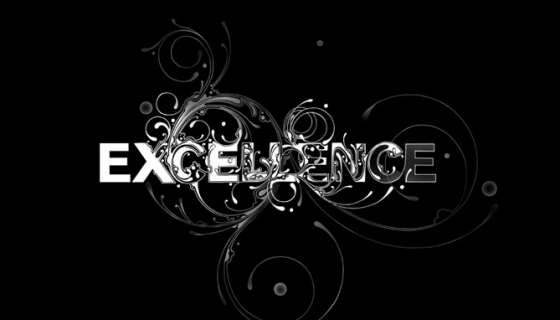This fall’s public demonstrations begun as “Occupy Wall Street” follow in the time-honored political traditions of modern cultures. Concord, Massachusetts; Selma, Alabama; Tiananmen Square, China; Cairo, Egypt: people have risen up in massive numbers across the world to seek change. Whether you have joined them, or even disagree with their perspectives, as a democracy we all value the power of citizens to peacefully organize to seek justice and change.
The energy of Occupy Wall Street-like gatherings is born in the increasing gap in our country between the rich and the poor, and a shared impatience with the lingering effects of our last recession. Wall Street in New York City, the geographic center of the United State’s Stock Exchange, is also home to many of the world’s largest financial institutions, many of which were involved in complex tinkering with mortgage lending that sparked our long economic slide. Too big to fail, our own tax dollars have been spent to bail out the biggest banks and other financial giants, as many of us watch our savings, pensions and home values shrink. We have all suffered, the poor disproportionately, and finding the villain in this melodrama seems like a natural thing to do.
When at its best, the Christian community has traditionally been an advocate for the sick, imprisoned, and the poor. Taking it’s mission from the example and command of Jesus, to tend to the sick and suffering, “the least of these,” it makes sense that activists and clergy from all parts of the faith have joined the demonstrations taking part around the country this fall. I celebrate the long legacy of Christian ministries that have sought to bring love, light and relief to those in need. I praise the clergy who gather in the streets with the protesters as witness and support for those who live, chant, and demonstrate for change.
But I won’t sit silently and let one particular claim I have seen recently in social media go unanswered: “Jesus was a Marxist.” No, he was not.
Marxism is a modern political movement that has its roots in the works of Karl Marx and Friedrich Engels. They argued that human beings could establish a perfect economy if everyone shared their resources communally. A new communism would develop following a class struggle, the result of failed capitalism. Marx believed that religions are “the opiate of the people,” dulling their will to revolt. While these ideas do serve as a stark contrast to the rigid classes and oppressive, generational monarchies of old European and Asian cultures, the application of these ideas in real human cultures has failed. The Soviet Union, China, East Germany, Somalia, North Korea, and Cuba have been cultures of oppression. The powerful hoard power. The weak are kept weak and anyone opposing the powerful is kept behind bars, barbed wires and walls, or killed. Exactly what part of this broken political model would Jesus advocate?
While Jesus constantly advocated for the sick, suffering and oppressed, he rejected the pressure to start a revolution or class war. In fact, he repeatedly said his “kingdom was not of this world.” Instead of setting up a new government, as some of his disciples believed he would, he lived on the margins of power and when confronted, told the Pharisees to “render to Caesar what is Caesar’s, and to God what is God’s.” Jesus’ vision of God’s kingdom is about bringing all people to God’s table: rich, poor, powerful, weak, visible, and invisible. It pointed to a way of seeing the world far different than how human beings do. Jesus pointed to a kingdom of peace and justice that included women and children, the old and infirm, the powerless and the powerful. This is God’s kingdom, not ours. When we live with this vision, we share in the vision of God.
Jesus was a healer, a teacher, a sage, a prophet, and a revolutionary, the Messiah who refused to lead a revolt. After a short life, he was executed because the earthly powers feared his kingdom of peace, healing, inclusion and non-violence. Call him a revolutionary for God. But for Jesus’ sake, don’t call him a Marxist. It’s just plain wrong.
(First published in the Savage PACER, Saturday, 10.22.2011)

